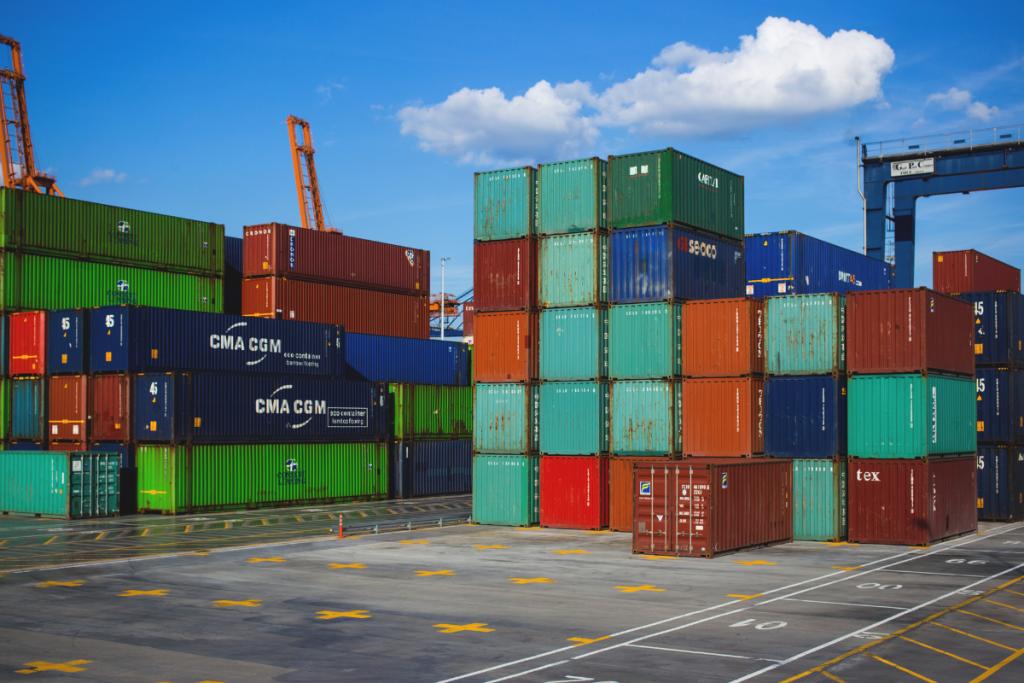A new joint survey from Pando and JBF Consulting reveals a growing maturity gap between AI ambition and practical deployment in logistics. While 91% of companies have boosted AI investment over the past two years, and 75% plan to increase spending further, more than half are still in the early discovery phase. The barrier isn’t lack of intent, but execution.
AI Maturity Hinges on Data and Design
Logistics companies are rapidly increasing AI budgets, but many still struggle to translate those investments into measurable gains. Data quality tops the list of technical constraints for 83% of respondents, reinforcing that AI’s promise is only as strong as the systems feeding it.
The study identifies a growing preference for speed-to-impact strategies over lengthy transformation cycles. Rather than slow-moving enterprise rollouts, leading firms are testing AI in live environments with tight feedback loops. This shift reflects broader logistics pressures: decision velocity, ecosystem complexity, and rising service expectations. The fastest wins are now being delivered by AI tools that can immediately ingest logistics data, orders, inventory, transit updates, and return actionable insights within days or weeks.
Hybrid Models and AI Agents Reshape the Workforce
Instead of rigid build-versus-buy decisions, 38% of large enterprises, according to the report, are adopting a hybrid approach. Dedicated in-house data science teams are working alongside AI-native vendors to develop tailored solutions that align with operational nuances. This move echoes past technology inflection points. Routine tasks are being delegated to autonomous systems, while humans focus on exception handling, supplier alignment, and strategic service innovation.
Agentic AI represents a pivotal evolution. Unlike earlier predictive models operating in the background, these systems can now make autonomous decisions within predefined rules, initiate corrective actions, and work interactively with human users. This operational co-piloting unlocks not just efficiency but resilience, especially valuable as logistics leaders face volatility across trade policy, labor markets, and capacity planning.
A Tipping Point Hidden in Plain Sight
While most attention focuses on AI’s theoretical potential, the more meaningful transformation is occurring in the quiet normalization of AI agents as frontline operators. Early adopters aren’t just getting better insights, they’re reengineering decision rights, workflows, and operating models around intelligent automation. The result isn’t just productivity, it’s institutional learning. Companies that act now stand to compound their advantages faster than laggards can catch up, especially as logistics ecosystems grow more interdependent. The next frontier may not be a breakthrough in AI itself, but in how organizations choose to absorb, govern, and scale it.





